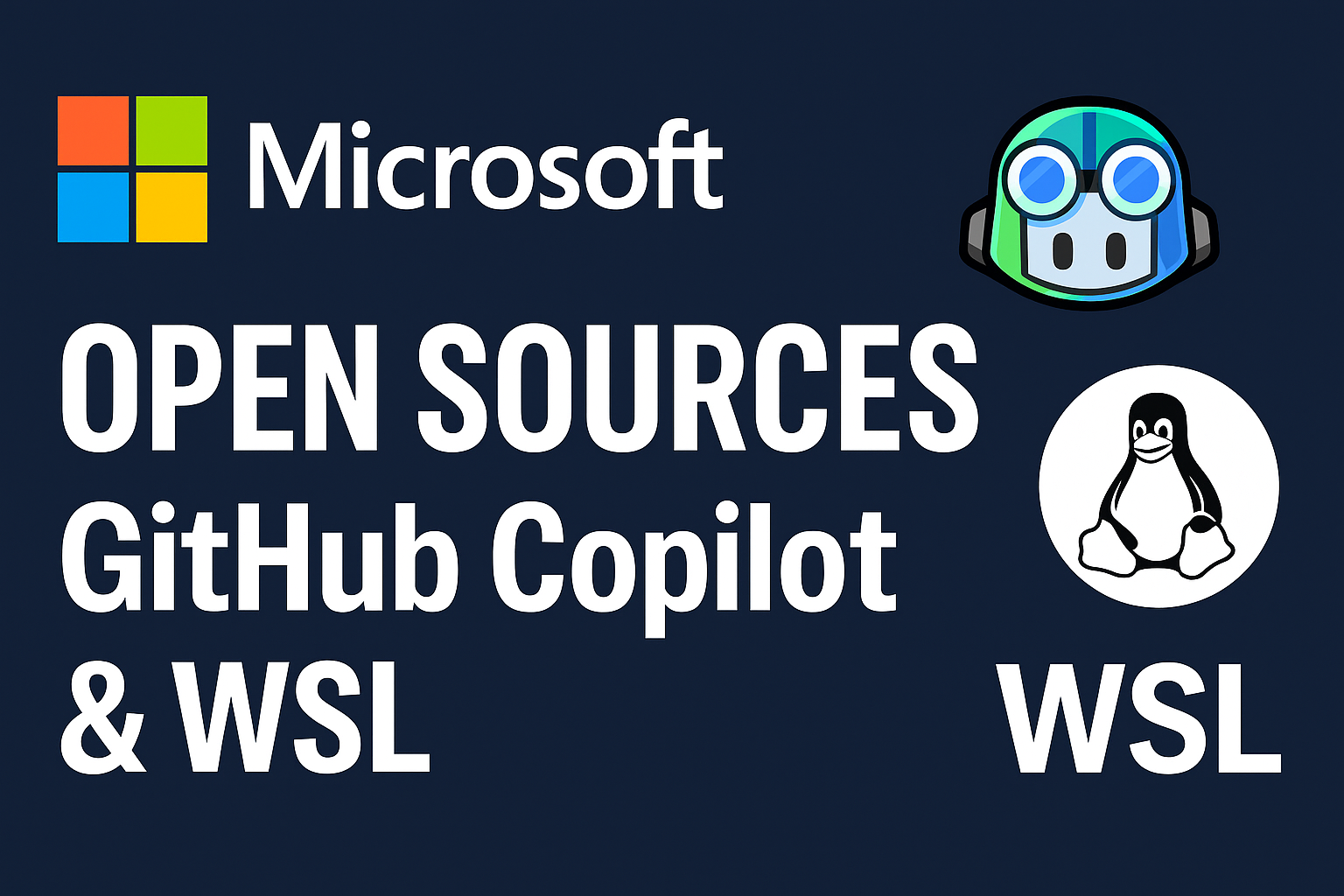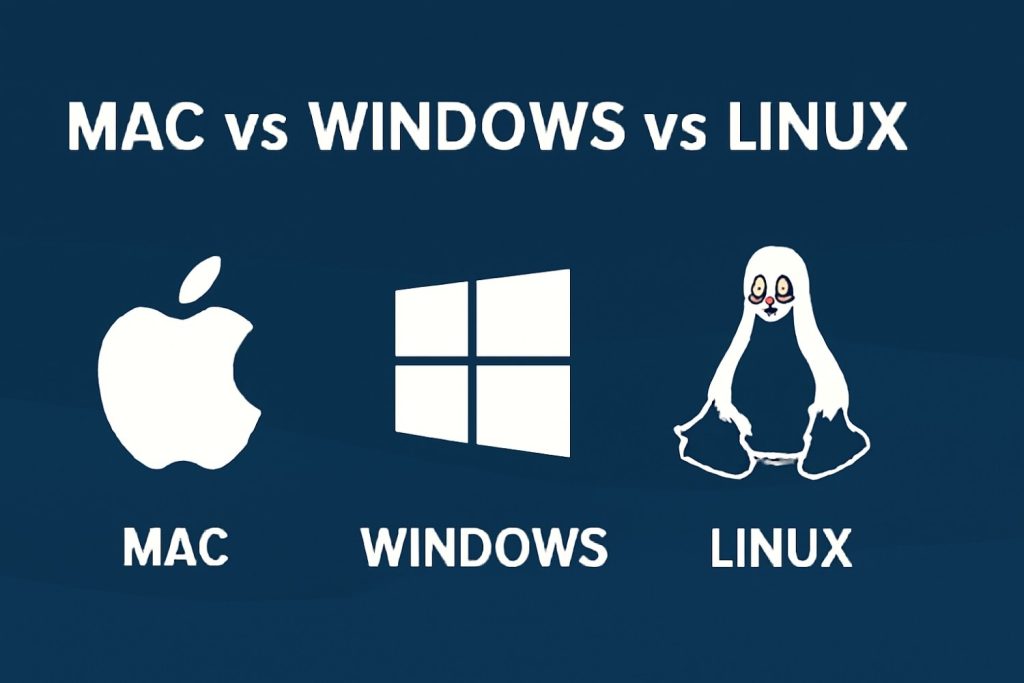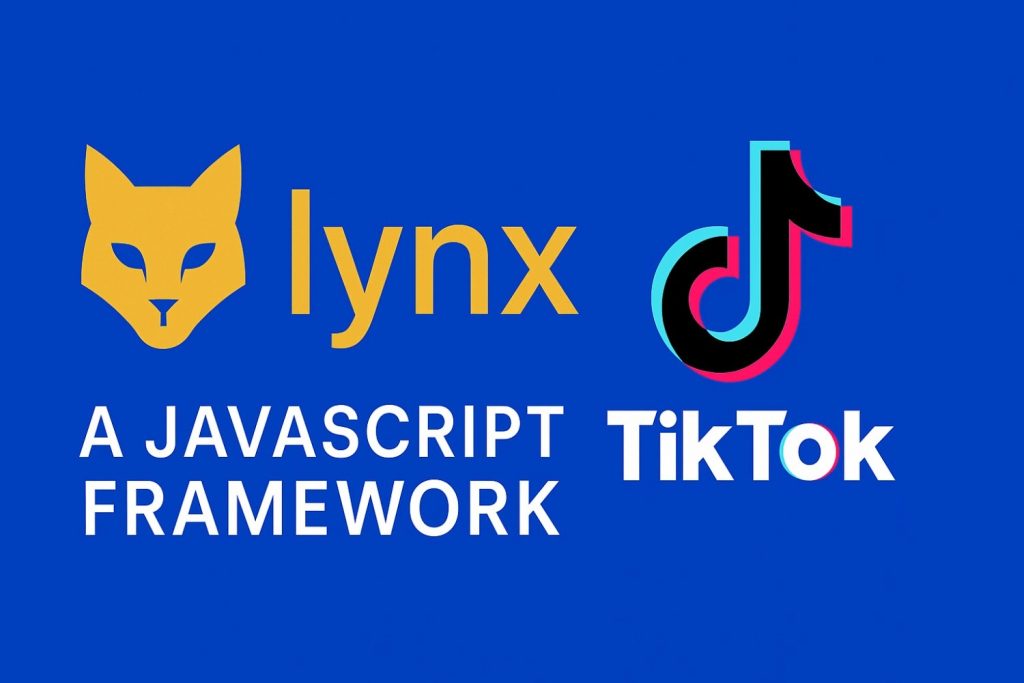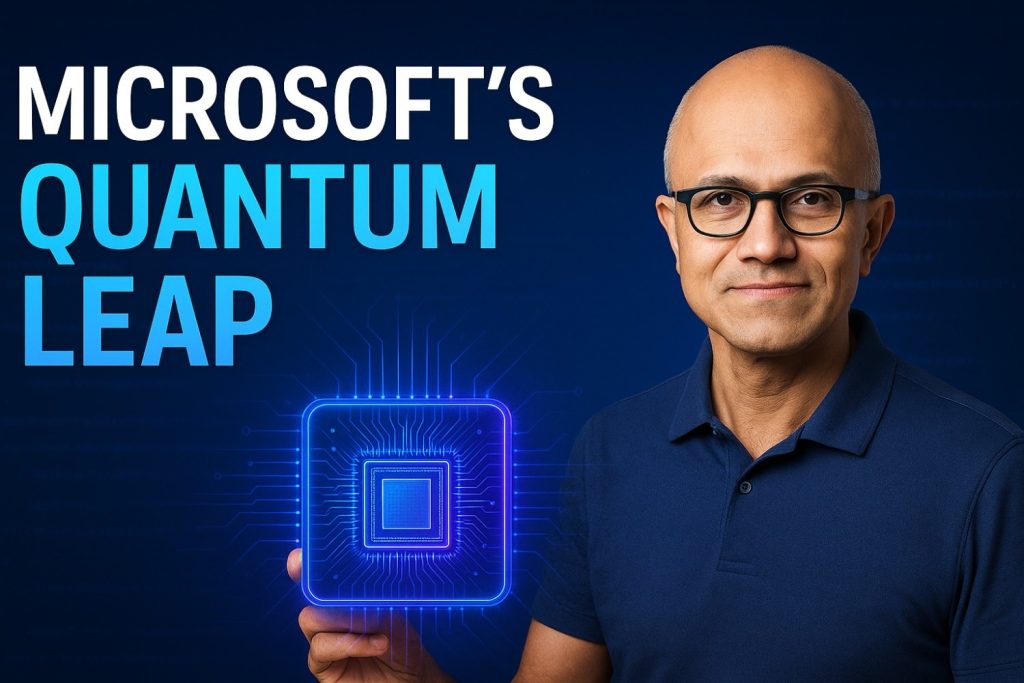In a move that stunned the developer community, Microsoft has officially open-sourced GitHub Copilot—the very tool that sparked the AI coding boom—and released it under the MIT license. That means developers around the world can now freely fork, modify, and build on top of Copilot without legal barriers. Alongside this, Microsoft also open-sourced the Windows Subsystem for Linux (WSL), marking a huge win for open-source advocates and developers alike.
Why This Is a Big Deal
GitHub Copilot has been a paid product for years, costing up to $390/year. While the model inference (i.e., cloud compute) still requires payment, the core codebase is now free to explore and build upon. This move opens up possibilities for:
- Custom AI coding tools
- Faster community-driven innovation
- Transparent and secure development environments
At the same time, Microsoft is reinforcing its dominance in the developer space. This release aligns with their long-standing strategy of embracing open source, much like they did with VS Code, TypeScript, and even MS-DOS.
AI Editor Wars: Windsurf vs Cursor vs… You?
Just days before this open-sourcing news, OpenAI acquired Windsurf—a VS Code fork with LLM integrations—for a jaw-dropping $3 billion. And startups like Cursor, valued at $9B, have built entire products by forking VS Code and slapping on AI agents.
Ironically, these companies could’ve just waited a few days and built on Microsoft’s newly released Copilot foundation—for free.
Strategic Timing & Developer Mindshare
With OpenAI and Microsoft recently ending their exclusive Azure partnership, this release might seem like retaliation. But in reality, it’s a savvy long-term strategy. Microsoft knows that winning over developers is the key to winning the AI race.
A recent study by Anthropic confirms that developers are the primary paying users of large language models. So by offering powerful tools for free, Microsoft is effectively recruiting the next generation of AI-augmented devs.
Build Your Own, or Level Up Copilot
Now that Copilot is open source, developers can:
- Build new AI coding assistants
- Integrate Copilot into private dev environments
- Improve security & transparency
- Customize workflows far beyond what closed platforms allow
It’s an open-source power move with implications across startups, enterprises, and indie devs alike.
Final Thoughts
Microsoft’s decision to open source Copilot and WSL is a bold and generous step. Whether you’re a solo dev, part of a team, or running a startup, this is your chance to leverage enterprise-grade AI tools—without the enterprise price tag.
Now is the time to build. And build smarter.










